Holding a presidential election amid rockets flying over the capital, or artillery strikes landing on the ground, seems like an unthinkable prospect. But Ukrainian President Volodymyr Zelensky has not ruled it out.
His five-year term ends in a few months, and barring war, he will either be prepared to resign or run for a second term.
Analysts say the possibility of wartime voting in Ukraine is unlikely, as under the country's martial law, elections would be suspended.
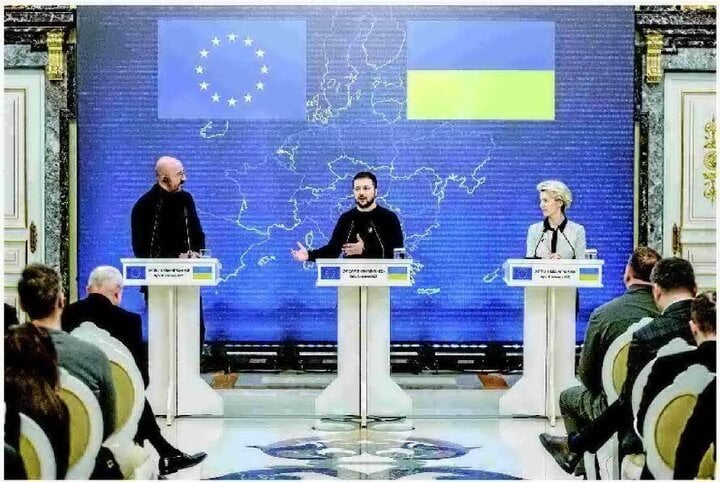
Ukrainian President Volodymyr Zelensky's five-year term will end in a few months.
Wartime elections
But there are still rumors in Kiev’s political class that Mr. Zelensky may still want to hold a vote, according to the New York Times , which would have far-reaching implications for his government, the war and his political opponents — amid fears that the election would not be as competitive as usual.
The debate over the possibility of elections comes amid growing pressure on Ukraine to demonstrate to Western donors the good governance that Mr Zelensky has touted. Opponents say “one-sided elections” in wartime could undermine that image.
A petition opposing the election has attracted 114 signatures.
But a new election could also consolidate Mr Zelensky’s power if he decides whether to engage in a protracted battle, or boost his credibility in negotiations.
Zelensky has said he supports elections, but only if international monitors can certify them as free, fair and inclusive, pointing to numerous obstacles to holding a vote. His political opponents have been more outspoken in rejecting the elections, saying the war has created too much chaos for a proper vote to be held.
“The first step is to win and then everything else,” including reviving domestic politics in Ukraine, said Serhiy Prytula, an opposition figure and director of a charity that supports the military. Opinion polls regularly rank him among the country’s top three most respected leaders, along with Mr Zelensky and the army chief, General Valery Zaluzhny.
The Biden administration and European governments that have backed Ukraine militarily have yet to publicly comment on the election. But the idea gained wider attention when US Senator Lindsey Graham said Ukraine should go ahead with the vote despite the war.
“You need to do two things at once,” Mr. Graham said during a visit to Kiev in August. “We want the country to have free and fair elections, even when it is under attack.”
To hold elections, Ukraine will have to lift martial law, at least temporarily. That is in the case of parliamentary elections. In the case of presidential elections, they will have to change the law.
Mr Zelensky said the big hurdle was ensuring that Ukrainians living in areas controlled by Russian forces could vote. “We are ready,” he told a conference in Kiev in September. “This is not a question of democracy. This is just a question of security.”
The Ukrainian leader has also suggested that online voting could be a solution.
What do Ukrainian officials say?
Ukraine has elected six presidents since declaring independence in 1991.
Ukrainian politics revolves more around parties founded by prominent figures than policy positions. There is Fatherland, led by Yulia Tymoshenko, the most prominent woman in Ukrainian politics; The Punch, led by Vitali Klitschko, the mayor of Kiev and a former boxer; The Voice, led by Svyatoslav Vakarchuk, a rock star; and Mr Zelensky’s Servant of the People, named after a television show.
The debate over the possibility of an election has reflected familiar political conflicts in Ukraine. Most of Zelensky’s political opponents have refrained from criticizing him too much during the fighting, but they have also said a vote now would be unfair.
Dmytro Razumkov, a former speaker of parliament in the political opposition, said Zelensky's chances of winning “will almost certainly be lower after the war ends”.
Volodymyr Ariev, another member of parliament, said an election now would only weaken Ukraine, as politicians campaign, compete and criticize each other. He has backed Zelensky in forming a national unity government that includes members of the opposition.
Opinion polls have consistently shown that a potential rival to Mr Zelensky in future elections could be Zaluzhny. As a serving military officer, he is barred from running in elections during the war.
Mr. Zelensky has consistently led polls of leaders whom Ukrainians trust. A recent poll by United Ukraine, a nonpartisan research group, found that 91% of Ukrainians trust Zelensky, 87% trust Zaluzhny and 81% trust Prytula.
As discussions heat up over whether Ukraine should hold elections during a wartime period, a range of Ukrainian officials, activists, members of parliament, and business representatives have begun weighing in on the country’s next vote, according to Foreign Policy . “There are a lot of discussions, a number of working groups where we try to find solutions and make recommendations,” said Olha Aivazovska, head of the board of directors of the Ukrainian election monitoring NGO Opora.
Aivazovska and a related Ukrainian MP said their initial considerations were still focused on post-war elections. They said there were no plans to hold elections amid the ongoing conflict. In addition to martial law prohibiting the government from holding elections, the draft Ukrainian budget for 2024 approved by the government in September did not include any funds for elections.
Phuong Anh (Source: New York Times, Foreign Policy)
Source





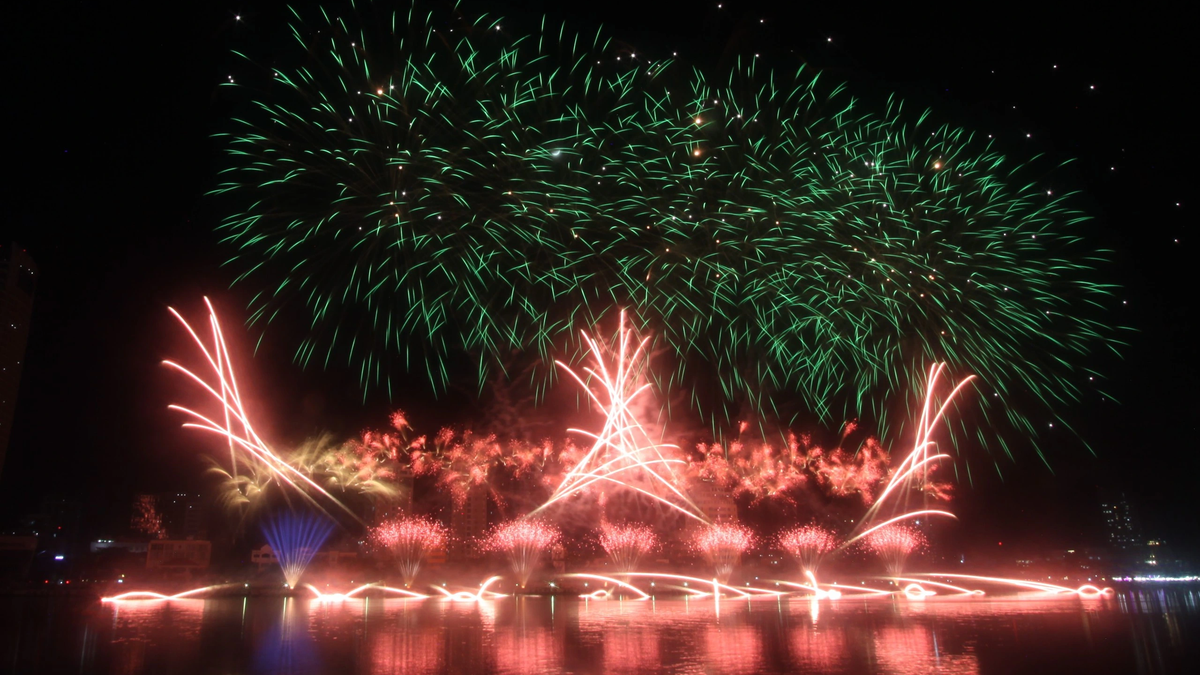


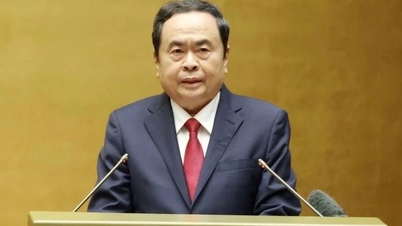

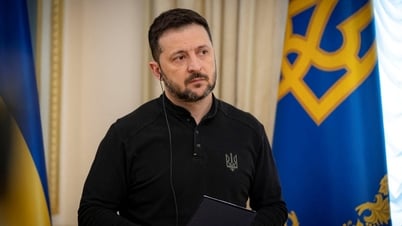

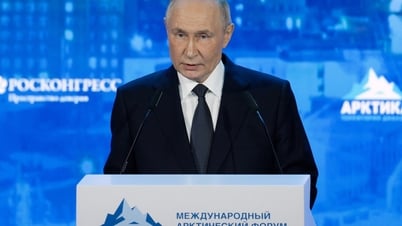

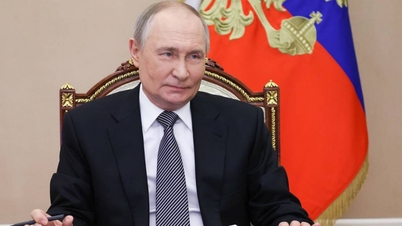


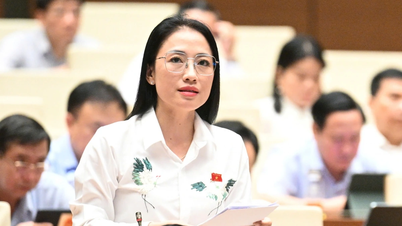

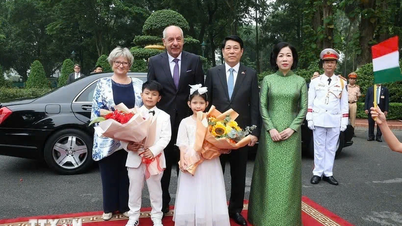

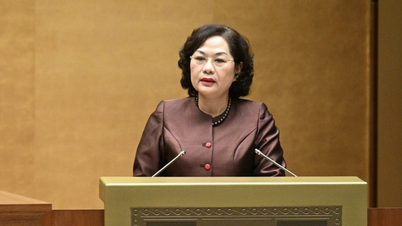

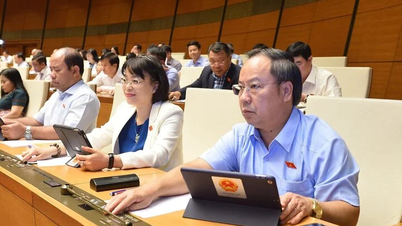
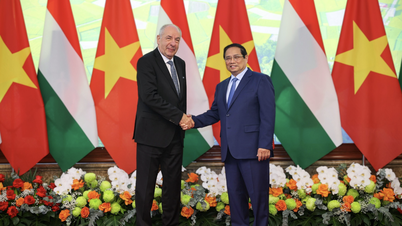
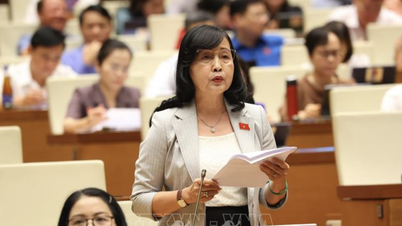








































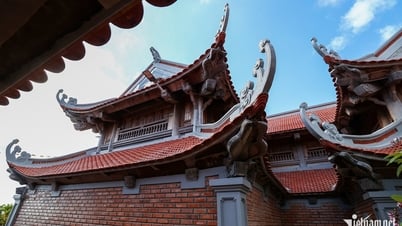


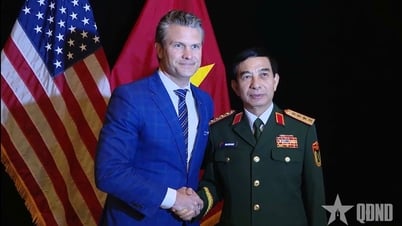












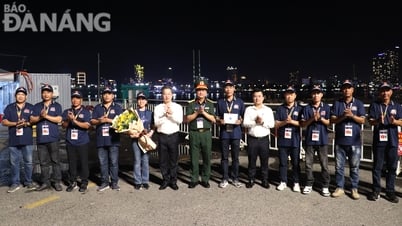

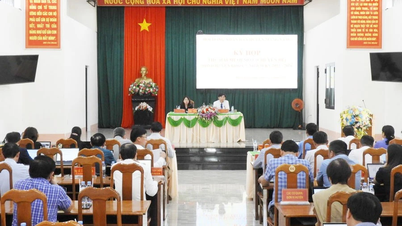

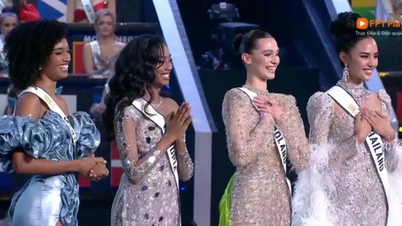











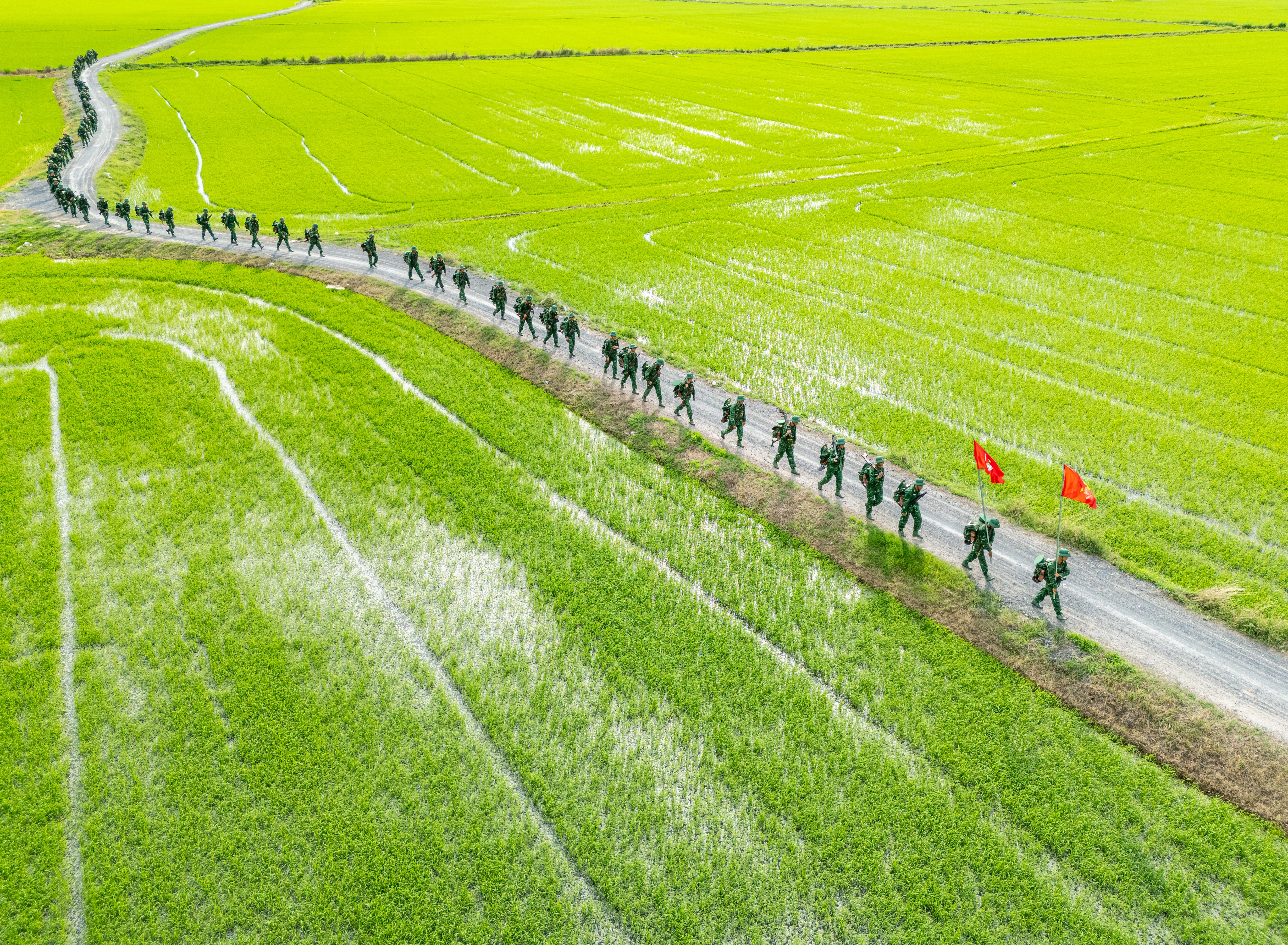



Comment (0)